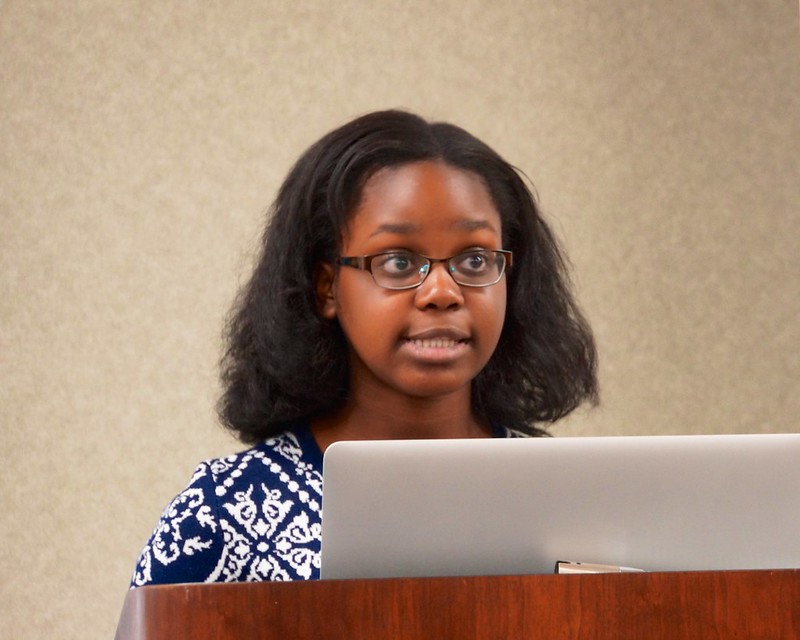A Bronx Tech Tale
Innovation in tech education and job creation from the birthplace of hip hop
Exit the subway. Walk by a check cashing service and under a freeway overpass, past some guys chatting on a stoop at three in the afternoon on a Wednesday. Across the street there is a hot dog factory and downstairs a methadone clinic. The business people and civil servants in crisp suits that I have been trailing to our destination look out of place here.
I'm in the South Bronx attending the grand opening celebration of the Urban Development Center, or UDC for short, a partnership between software consulting firm Doran Jones and workforce development non-profit Per Scholas. Doran Jones provides software engineering and testing services to major financial and media companies. Per Scholas is a 24-year-old educational non-profit focused on providing tuition-free training to prepare its graduates for jobs in the tech industry. The UDC is part of a movement to "reshore" tech jobs that have been offshored to places like India back to the United States.
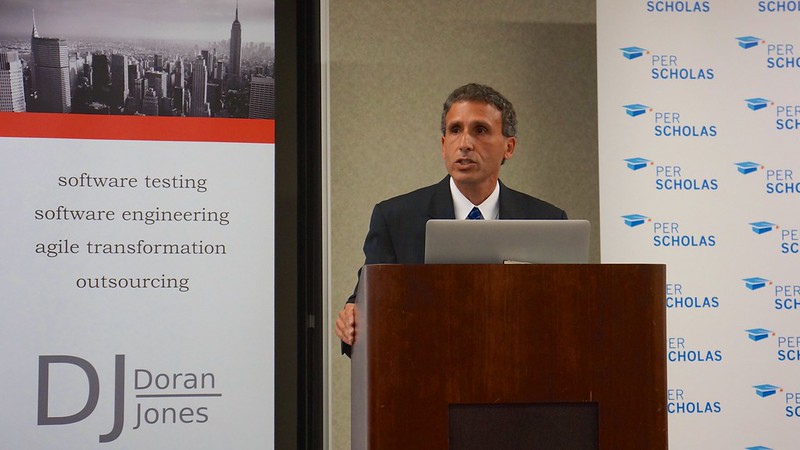
The UDC is in full-on party mode today, but on a previous visit, I could see the team in action on a typical work day. With an open floor plan, bright cheery colors, the flickering of computer screens and the tapping of keyboards, the vibe here feels a lot like many other tech companies. There are not yet any motivational posters on the walls nor a foosball table in the lounge, some of the typical trappings of a tech startup, but give it time, as they have just recently moved into the newly-renovated space.
Other elements are starkly different. Diversity is one of them. Almost all of the employees come from minority groups underrepresented in the tech industry. More than half of the employees are women. Most of them have come through Per Scholas' workforce development training courses. These training courses attract a wide array of people, ranging from young people without college degrees looking for job opportunities beyond service and retail, to older career changers, to the long term unemployed.
We are also in one of the poorest congressional districts in America. It is a community lacking in opportunity, but certainly not lacking in creativity, determination, and grit. This is the birthplace of hip hop after all.
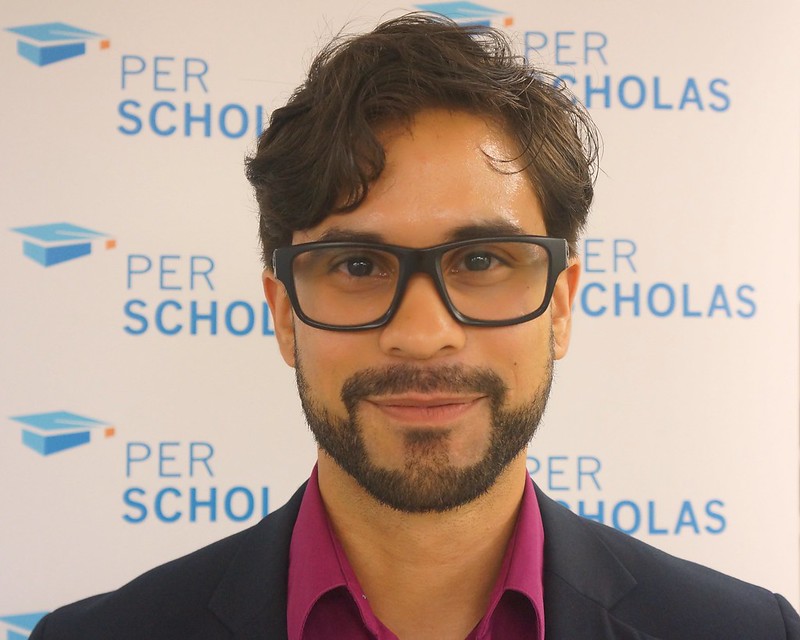
I meet the upbeat and confident Tristan Delgado, a 26-year-old Per Scholas grad who is currently working at the UDC as a software tester for Doran Jones.
I'm thriving in a real career that I never before knew existed. I love being a software tester. I've been exposed to so many different types of technology and software. I even do games testing on the side as well. That's been pretty sick....As soon as I got into this field, I was able to actually start affording -- you know -- living. These are livable wages. Before I came into software testing, I looked forward to a 25 cent raise in my check. That's how gritty it was.
But Tristan is still plenty gritty, if by "gritty" we mean "driven." He commutes by bicycle 17 miles each way from his home in Bensonhurst, Brooklyn to the UDC in the South Bronx. Tristan had previously dropped out of community college but ended up completing two training courses with Per Scholas. He then worked with another tech company before coming back to take a job at the UDC.
Like Tristan, most of employees at the UDC are software testers. Software testing is a largely unknown and unseen part of the tech industry. This is the kind of tech work that is making sure that things like corporate intranets and our online banking apps work properly. It's not sexy. It's not disruptive. But it's essential.
And it's a tremendous market opportunity. At the UDC, Doran Jones is offering software testing talent to major corporations at rates that are competitive with the competition in India and with the added benefit of being just a 30-minute subway ride rather than 16-hour flight away. In addition to being in the same time zone, software testers at the UDC also bring the competitive advantage of native English proficiency and greater cultural proximity to their clients than the overseas competition. All of this matters for the precise and demanding problem-solving necessary for good software testing.
At full capacity, the UDC has space for 450 software testers and is rapidly building a client base to reach this capacity. As part of the partnership agreement, Doran Jones has agreed to fill at least 80% of these positions with Per Scholas graduates and will be sharing 25% of revenue with the non-profit. The innovation here is in the talent pipeline and the business model.
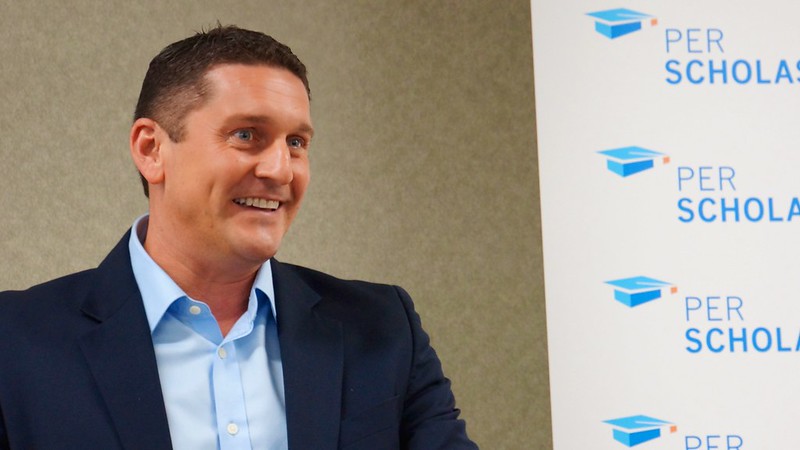
At the opening ceremony, Matt Doran, founder and co-CEO of Doran Jones, announces that an existing client wants to nearly double the number of testers that they want to hire at the UDC. The mood is jubilant and optimistic, but there is still much work to be done to convince more corporations to hire US-based talent for software testing.
Matt recently told Wired Magazine about a potential hedge fund client that turned down a proposal from Doran Jones because "our guys don't look like the traditional consulting firm." There is a lot of work to be done to convince potential clients and to shift cultural perceptions, but you can feel that change is happening, and Doran Jones and Per Scholas are driving it forward.
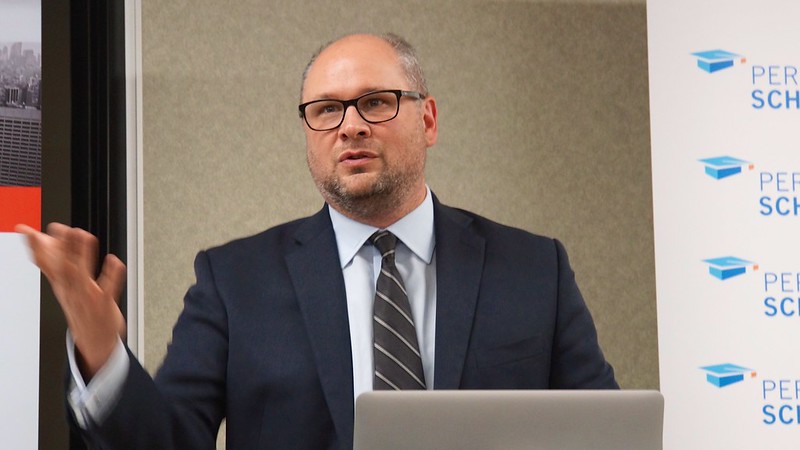
"Cheers to all the determined people out there... No more excuses," exclaims Keith Klain, co-CEO of Doran Jones, as he gives the final toast to celebrate the opening of the UDC. This is the Bronx after all, known for its grit and determination. Just as when hip hop emerged here decades ago and changed the sound of music in the United States and worldwide, the movement that is emerging here has the potential to change the face of tech. No more excuses.
